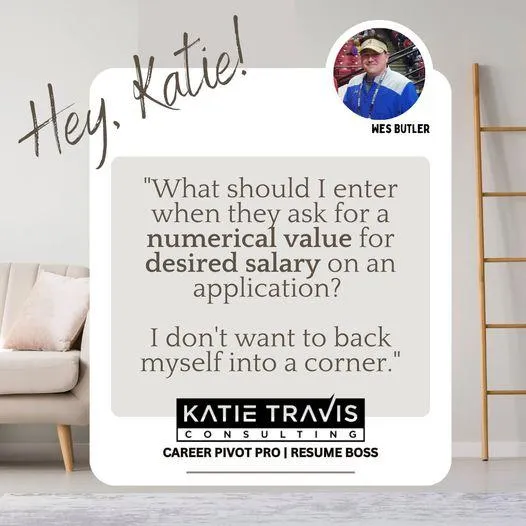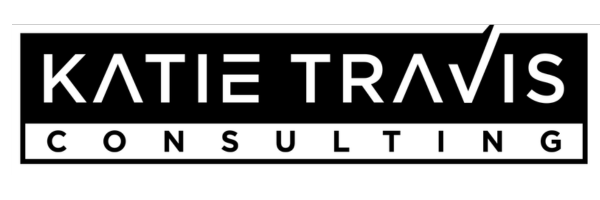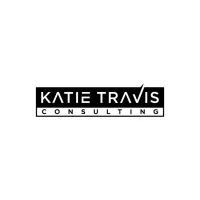Oops! Looks like something went wrong!

Salary Expectations: How to Handle the "Expected Salary" Question
Why Leaving It Blank Might Be Your Best Option
February 25, 2025 by Katie Travis |Leave a Comment
When applying for jobs, you may encounter an "expected salary" field. If possible, leave it blank. This approach gives you flexibility and prevents you from limiting your earning potential before negotiations begin. However, not all applications allow blank responses.
What to Do When You Must Enter a Salary
If the system requires an entry, consider putting the lower end of the listed salary range. Here’s why:
It Increases Your Chances of an Interview
A reasonable figure can make you more appealing to recruiters. Many employers hesitate to move forward if they think they can't afford you.It's Not Set in Stone
Your initial answer is just a placeholder. Later in the interview process, you can revisit the topic. After conducting market research, you can state that comparable roles offer a higher salary. Employers expect negotiation, so this strategy keeps you in the game.
How to Negotiate a Higher Salary Later
Once you advance in the hiring process, leverage market data. You can say:
"Based on my research, similar positions in this industry typically offer $X. Given my skills and experience, I believe this is a fair market rate."
This approach shows confidence and market awareness, making it easier to negotiate an increase.
You Don't Know What You Don't Know
Many job seekers hesitate when discussing salary. But remember, knowledge is power. Research salary trends in your industry using platforms like Glassdoor, Payscale, or LinkedIn Salary Insights. This information arms you with facts, not guesswork.
Got Questions? Let’s Talk!
Navigating salary discussions can be tricky. If you have questions, drop them in the comments or send me a DM. Let’s ensure you get the pay you deserve!

